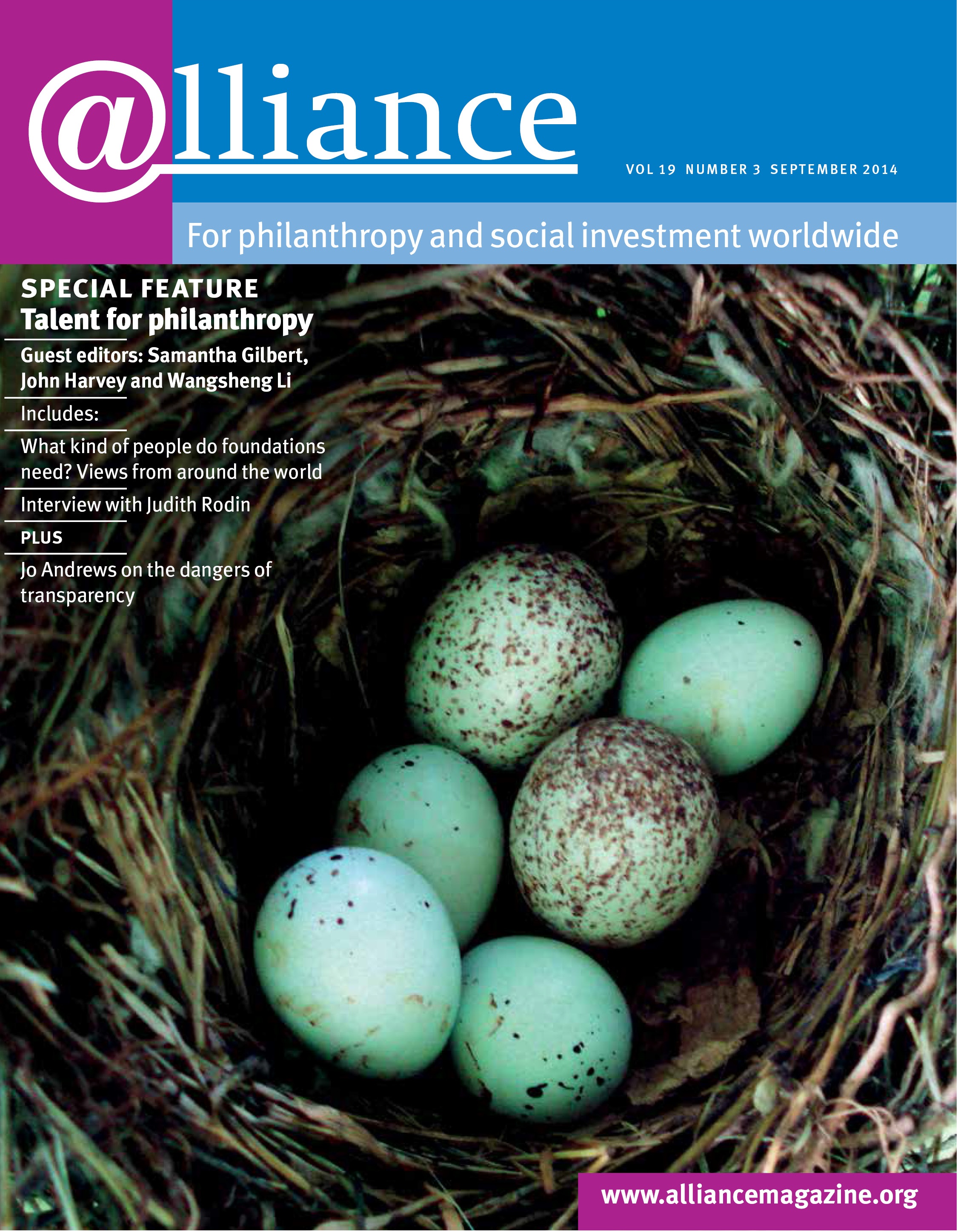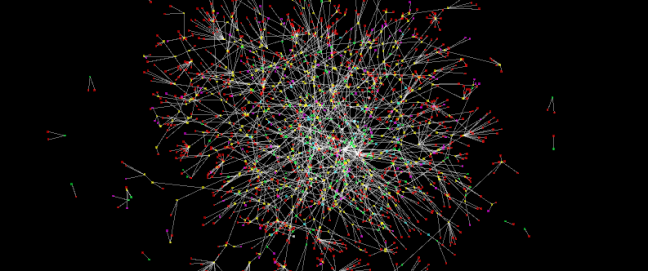‘Lavish time on recruitment’
Tom Peters, Thriving on Chaos
Twenty years ago, for many organizations, recruitment was pretty hit and miss. Often the selection process was simply a chat over coffee, or a meeting with a friend of a friend. Then in 1995, seeing a need for executive search in the international NGO sector, Michael Wills set up Oxford HR and slowly sold the idea to the international NGO/philanthropic sector. Since then there have been big shifts in approaches to finding new staff and the context in which they will be working.
The Alliance survey closely reflects our experience of working with many of the major and smaller specialist players. Crucial qualities in any senior hire are:
- personal values and cultural fit;
- interpersonal skills;
- willingness to learn and change;
- broad experience and transferable skills.
However, we have seen many changes over the intervening 20 years. There has been a shift in emphasis from aid to trade as a way of improving lives. Alongside this, increasing importance is attached to measuring the effectiveness of programme interventions and adapting accordingly. Partly in response to these trends, foundations and international NGOs are actively seeking more people from the corporate sector.
In addition, there are many more women in senior roles, and many more staff who are not OECD nationals. There are more local appointments to senior posts in ‘the field’ in decentralized management hubs in the South, and more southern candidates in northern HQs. In general, more international staff from the South are moving around the globe – Indians to Africa, Brazilians to Angola, Indonesians to Latin America.
Finally, international volunteer organizations like VSO and Peace Corps want more people with developed skills and experience rather than enthusiastic but inexperienced young people. This means that a valuable entry point has narrowed.
All these changes mean that the task of finding and retaining new staff is more complex than it used to be. Foundations and international NGOs are sharpening their internal HR practices as well as making more use of outside consultancies to find the people they need.
These trends have brought corresponding changes in HR practice:
- A more professional approach to recruitment and selection generally. Most recruiters are now well trained. There is more emphasis on competency-based interviewing: ‘What have you done and how did you do it?’, with its emphasis on solid experience, rather than the hypothesis approach: ‘If such-and-such happened, what would you do?’
- More Skype interviews – with all the savings and frustrations that brings. It is much harder to interrupt if you need to, easier to interrupt when you don’t mean to, harder to judge what the candidate is thinking.
- More cultural sensitivity and varied selection techniques are needed; some participants may be working in their second or third language. Even very senior, competent candidates may have had few formal interviews; in some countries, people are recruited on recommendation, not interview, and they may not understand the basic rules … and it is easy to forget that an interview is intended to measure work competence, not interview skills.
- More women at the top have forced organizations to develop family-friendly HR policies allowing both men and women to live more balanced lives. One of the most important changes in Oxfam followed the (male) international director saying, ‘I have to be home for bath-time most nights so I will not attend any meetings that start after 5pm.’
- The development sector favours a slower, more considered decision-making process with emphasis on consensus-building while the corporate sector favours strong decision-makers who move fast.People coming in with a corporate background may need sensitive handling if the newcomer and organization are not to experience a profound – and potentially damaging – culture shock.
All these developments mean that HR must keep on the move and watch for/anticipate trends. What are the shifts in the wider sector, and in organizations worldwide, that we need to be responding to? Environmental awareness, security and personal safety, childcare and schooling, climate change – all affect our ability to recruit and retain the right staff to move the organization on. Where do we recruit and where do we ‘grow our own’? How do we get the right balance between ‘old hands’ and fresh ideas?
Unfortunately, there are no neat answers; every organization needs to find its own way … a bit like development, really!
Michael Wills is the founder of Oxford HR Consultants Ltd and Hazel Douglas is the managing director. Email hdouglas@oxfordhr.co.uk




Comments (0)